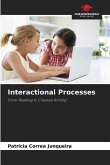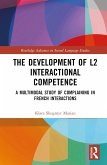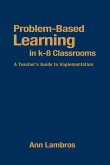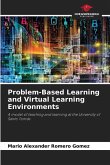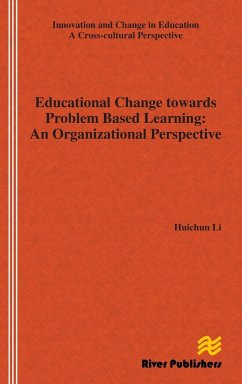Problem-based learning (PBL) has been deployed as a student-centered instructional approach and curriculum design in a wide range of academic fields across the world. The majority of educational research to date has focused on knowledge-based outcomes addressing why PBL is useful. Researchers of PBL are developing a growing interest in qualitative research with a process-driven orientation to examining learning interactions. It is essential to broaden this research base so as to support PBL designs and approaches to leading students into higher-order thinking and a deeper approach to learning. Interactional Research Into Problem-Based Learning explores how students learn in an inquiry-led approach such as PBL. Included are studies that focus on learning in situ and go beyond measuring the outcomes of PBL. The goal is to further expand the PBL research base of qualitative investigations examining the social dimension and lived experience of teaching and learning within the PBL process. A second aim of this volume is to shed light on the methodological aspects of researching PBL, adding new perspectives to the current trends in qualitative studies on PBL. Chapters cover ethnographic approaches to video analysis, introspective protocols such as stimulated recall, and longitudinal qualitative studies using discourse-based analytic approaches. Specifically, this book will further contribute to the current educational research both theoretically and empirically in the following key areas: students' learning processes in PBL over time and across contexts; the nature of quality interactions in PBL tutorials; the (inter)cultural aspects of learning in PBL; facilitation processes and group dynamics in synchronous and asynchronous face-to-face and blended PBL; and the developing nature of PBL learner identity.
Hinweis: Dieser Artikel kann nur an eine deutsche Lieferadresse ausgeliefert werden.
Hinweis: Dieser Artikel kann nur an eine deutsche Lieferadresse ausgeliefert werden.


